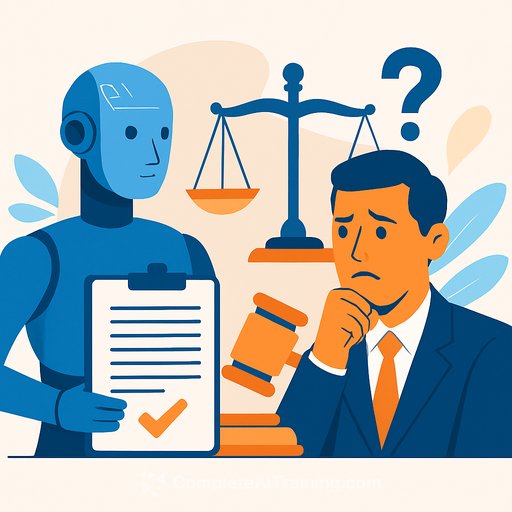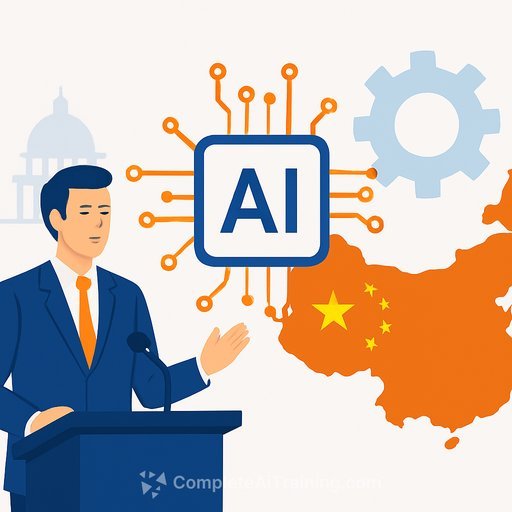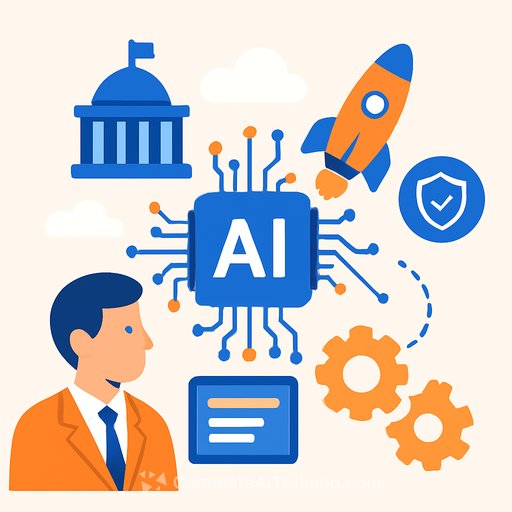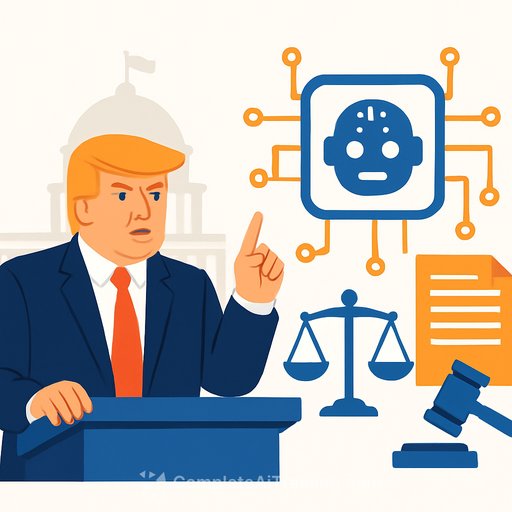Odisha Government Seeks AI System for Legal Petition Drafting Amid Trust and Safety Concerns
The Government of Odisha has issued a call for bids to develop an AI-powered system that automates the drafting of judicial petition responses. This initiative seeks to streamline administrative workflows by automating routine legal tasks and extracting information to generate draft replies in standard legal formats.
While this system promises increased efficiency, there are concerns about over-reliance on AI tools in legal settings. The trustworthiness of AI-generated content remains a critical issue, especially as legal professionals may depend on these suggestions for final responses. Technology can support human judgment but should not replace essential legal research, expertise, and critical thinking.
Details of the Project
The Odisha Computer Application Centre (OCAC), under the state's Electronics and Information Technology Department, has set a deadline of September 3, 2025, for submitting Expressions of Interest (EOI) for the project. The system will use AI techniques such as document analysis, rule-based logic, and legal language processing to:
- Extract petitions from formats like PDF, DOCX, and scanned files
- Identify key facts, claims, parties, and cited legal provisions
- Recognize deadlines and procedural requirements
- Generate template-based draft responses
- Allow lawyers to customize drafts
- Create a searchable database of past responses and judgments
- Integrate with existing case management and court e-filing systems
The system will incorporate AI models trained specifically on Indian legal documents and judgments to improve accuracy in legal language processing. It will also track modifications made to legal drafts.
Why the Legal Team Needs This Tool
Manual drafting of legal responses is often time-consuming and prone to human error, leading to delays and case backlogs. Automating these tasks can reduce inconsistencies and speed up the response process, improving the overall efficiency of government legal departments.
Eligibility Criteria for Bidders
Eligible bidders must be registered, profit-making companies with annual sales of at least Rs. 10 crores. They should demonstrate experience in developing AI and machine learning applications, including expertise in image processing, Natural Language Processing (NLP), Optical Character Recognition (OCR), speech and voice recognition, predictive analytics, and Robotic Process Automation.
Additionally, bidders must have implemented at least one similar AI-based solution for a government or public sector client in the legal, judicial, or related domain within the last five years. The EOI submission deadline is September 3, 2025.
Guidelines and Cautions for AI Use in Legal Work
India currently lacks a uniform policy governing AI use in legal procedures, especially for automated drafting that involves multiple laws and case histories. However, the Kerala High Court issued guidelines in July advising caution. These guidelines prohibit AI from being used to reach legal conclusions, grant relief, or draft court orders and judgments.
The Kerala High Court also warned about the risks of submitting sensitive case information to cloud-based AI tools due to confidentiality concerns. Judges are urged to be cautious as AI may produce incomplete or biased outputs.
Warnings from Senior Judiciary
Chief Justice of India Bhushan Ramkrishna Gavai has highlighted risks associated with AI in legal research, noting instances where AI platforms like ChatGPT have generated fake case citations and fabricated facts. Similarly, Justice Prathiba M. Singh of the Delhi High Court emphasized that AI cannot replace human intelligence or the humane element essential to the judicial process. AI should only be used for preliminary understanding or initial research, not for final decisions.
These concerns underscore the need for careful integration of AI tools in legal workflows, ensuring that technology supports rather than supplants human expertise.
For government professionals interested in understanding AI applications and risks better, educational resources are available at Complete AI Training.
Your membership also unlocks:






